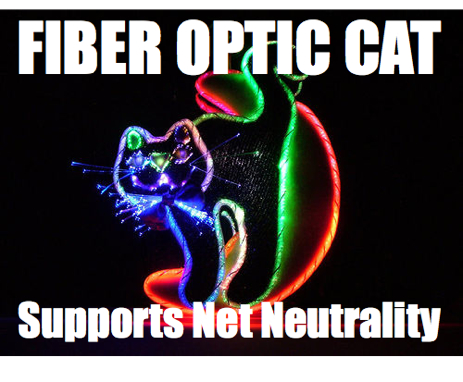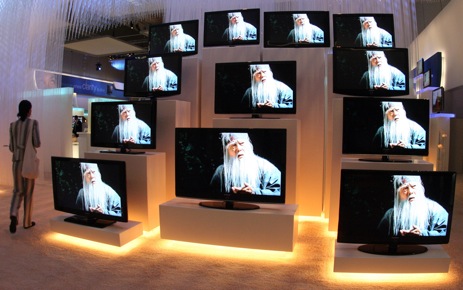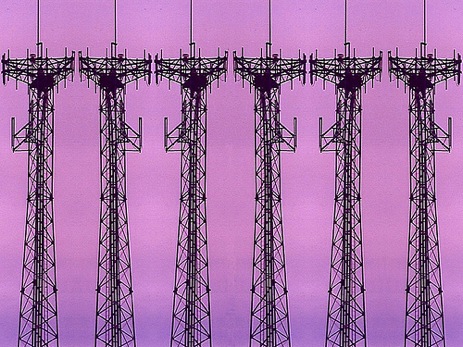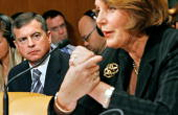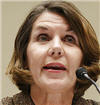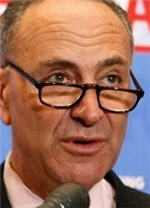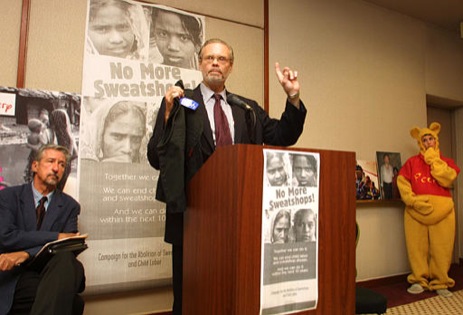Newly emboldened FCC Chairman Kevin Martin plans to wield the Cable Communications Act of 1984 to shatter the cable industry’s anti-competitive practices. The proposed regulations would give consumers flexible, diverse programming at cheaper rates, while capping the cancerous growth of conglomerates like Comcast and Time Warner.
The commission is preparing to take steps to make it less expensive for rivals of the largest cable conglomerates to buy their programs — so that, for instance, a satellite company would find it less expensive to purchase programs by the Turner Broadcasting System, a unit of Time Warner.




